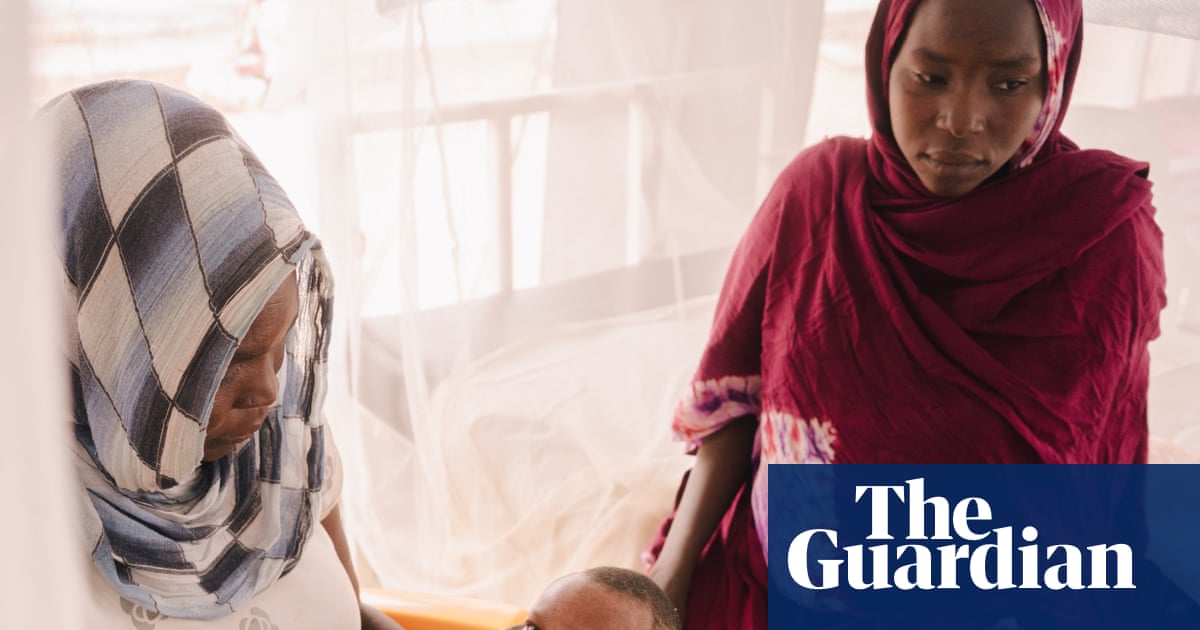
"For hours, jolting along the waterlogged dirt track to the hospital, 18-year-old Makka Ibraheem Mohammed held on tight to her seat and focused on stopping herself vomiting. She was in labour, in extreme pain after her uterus ruptured, but was now being tossed around in the ambulance that jumped along the dips and bumps of the road through the Chadian desert."
"Most of the 878,000 Sudanese refugees who have fled to Chad since 2023, living hand to mouth in this harsh landscape, are women. They stay in isolated camps in the desert with limited water and food, no work and with medical help often a life-threateningly long distance away. The hospital Mohammed needed, run by the aid agency Medecins Sans Frontieres (MSF), was in Metche, another refugee camp more than two hours away."
"I kept getting infections during my pregnancy and I had to go the clinic seven times when I was there, the pregnancy started. But I wasn't able to give birth normally because my uterus had collapsed, says Mohammed. I had to wait two hours for the ambulance but all I remember was the pain; it was so bad I became delirious."
Makka Ibraheem Mohammed went into labour after her uterus ruptured and endured extreme pain while jolting along a waterlogged dirt track to a hospital more than two hours away. Most of the 878,000 Sudanese refugees in Chad are women living in isolated desert camps with limited water, food, work and dangerously distant medical care. The MSF hospital in Metche has delivered 824 mostly emergency babies this year and performed life-saving surgeries, but many women cannot reach care in time. Chad already had one of the world's highest maternal mortality rates, and the refugee influx has heightened the risk for pregnant women.
Read at www.theguardian.com
Unable to calculate read time
Collection
[
|
...
]